Jordan's foreign minister visits Syria in first trip since foreign-backed war
Jordan's foreign minister and deputy prime minister, Ayman Safadi, visited Damascus on Wednesday in the first such visit by a senior Jordanian official since foreign-backed militancy broke out in Syria more than a decade ago.
Safadi met with Syrian President Bashar al-Assad at the presidential palace in the Syrian capital, the country's official news agency SANA said, and conveyed condolences of Jordan's King Abdullah II to the Syrian people over the recent earthquake.
The catastrophic quake that hit northwestern Syria last week killed thousands of people and left many more injured and displaced.
The top Jordanian diplomat stressed that the Jordanian leadership and people stand in solidarity with Syrians in the wake of the tragedy and “will continue to provide everything possible to help Syria overcome the terrible ordeal, and support the Damascus government’s relief efforts to assist those affected.”
Safadi stressed that the international community should deal with the calamity in accordance with humanitarian principles so that much-needed aid supplies are delivered to all quake-devastated regions without any discrimination or politicization of the matter.
For his part, Assad appreciated Jordan’s official and popular stance following the devastating earthquake that left a trail of death and destruction.
“Due to their geographical and cultural commonalities, both nations face similar challenges in many spheres. This provides ample opportunities for promotion of cooperation in the areas of common interests," he was quoted as saying.
Safadi is slated to head to Turkey from Damascus to show “solidarity" with the country, a statement from the Jordanian foreign ministry said.
“Safadi will discuss the humanitarian and aid needs that the two countries need,” read the statement, noting that aid planes will fly to both the earthquake-affected countries on Wednesday.
Jordan has dispatched large shipments of aid to Turkey and Syria, with the kingdom sending a medical hospital to Turkey and organizing several flights and aid convoys through the country’s northern border crossing with Syria.
The Syrian health ministry announced on Tuesday that the death toll from the quake stands at 1,414, while the number of injured people has reached 2,357.
The ministry's count of earthquake casualties only includes the quake-hit areas under government control.
A day earlier, a UN relief agency said 4,300 deaths and 7,600 injuries caused by the quake had been reported in the militant-held areas in northwestern Syria.
Jordan downgraded diplomatic relations with Syria, like most other Arab countries, following the outbreak of foreign-sponsored militancy in the country in 2011, when Abdullah II asked Assad to step down.
Jordan hosted Western-backed armed groups fighting against Damascus. It also took in hundreds of thousands of refugees from Syria.
The tide of the war gradually began to turn in September 2015, when Russia began conducting air raids against Daesh and other Takfiri terrorist groups inside Syria at the Damascus government’s request. The Syrian government is now in control of almost all the areas once seized by terrorists.
On October 3, 2021, Jordan’s King Abdullah II received a call from Assad, the first conversation between the two leaders after a decade of strained ties.
How 8-year-old Lebanese child Fawaz nixed Ben Gurion’s 76-year-old fallacy
VIDEO | 700,000 Cubans rally at US embassy in Havana against trade embargo
Iranian embassy staffer assassinated by terrorists in Damascus
VIDEO | Press TV's News Headlines
Scandalous detention of Iranians by US to extort information
VIDEO | Israeli forces open fire on Syrians protesting occupation
Ezzedine al Qassam: the man who inspired armed struggle against Israeli occupation
Yemeni army claims hypersonic missile attack on Tel Aviv


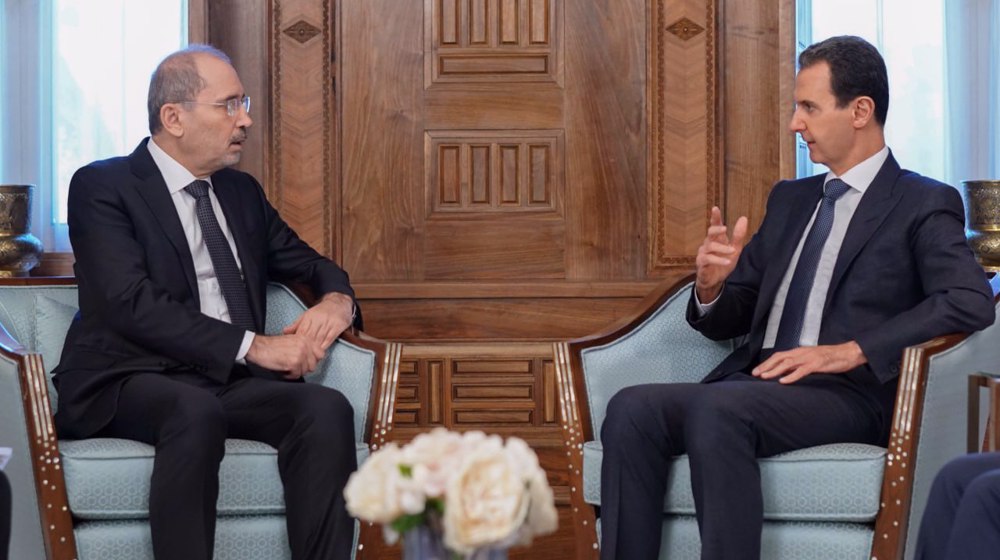
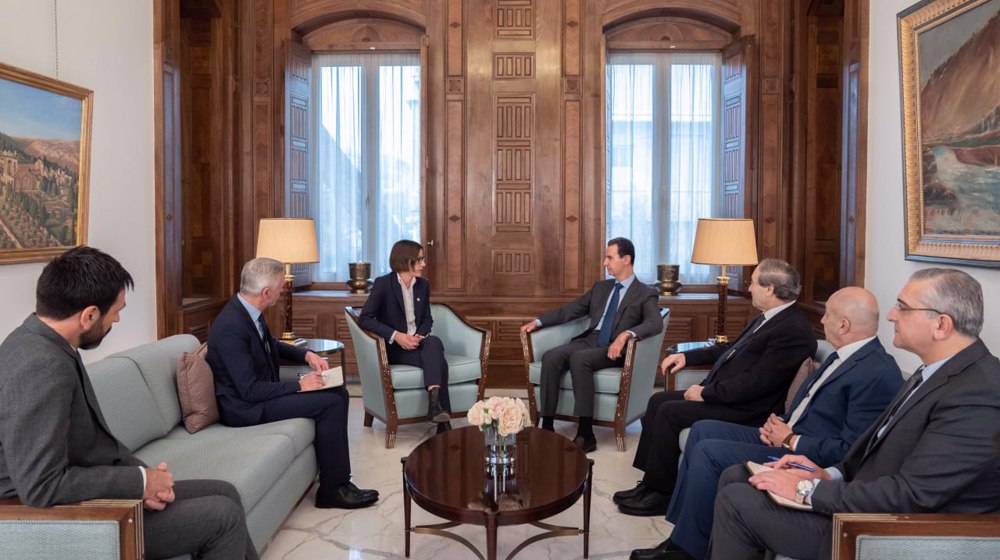
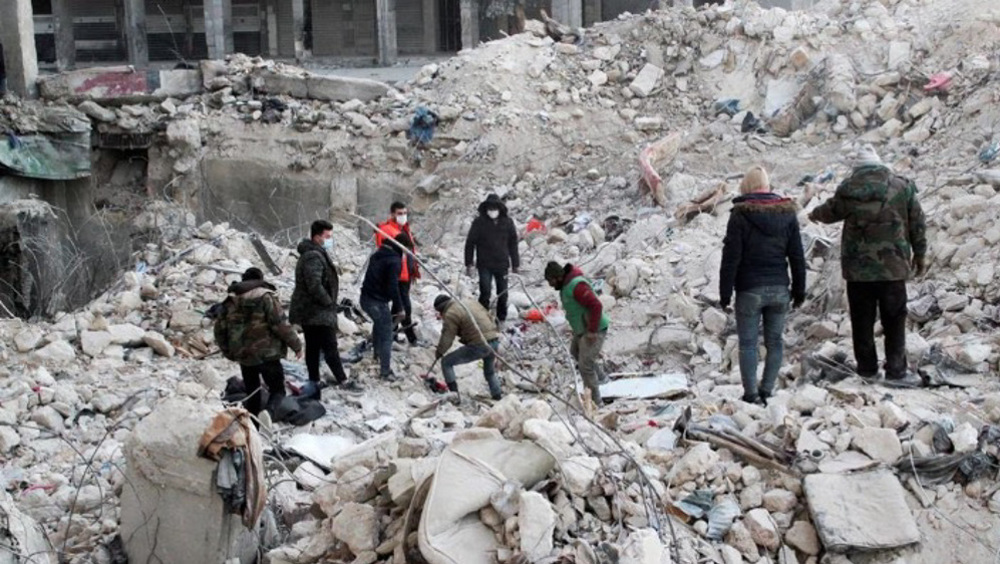

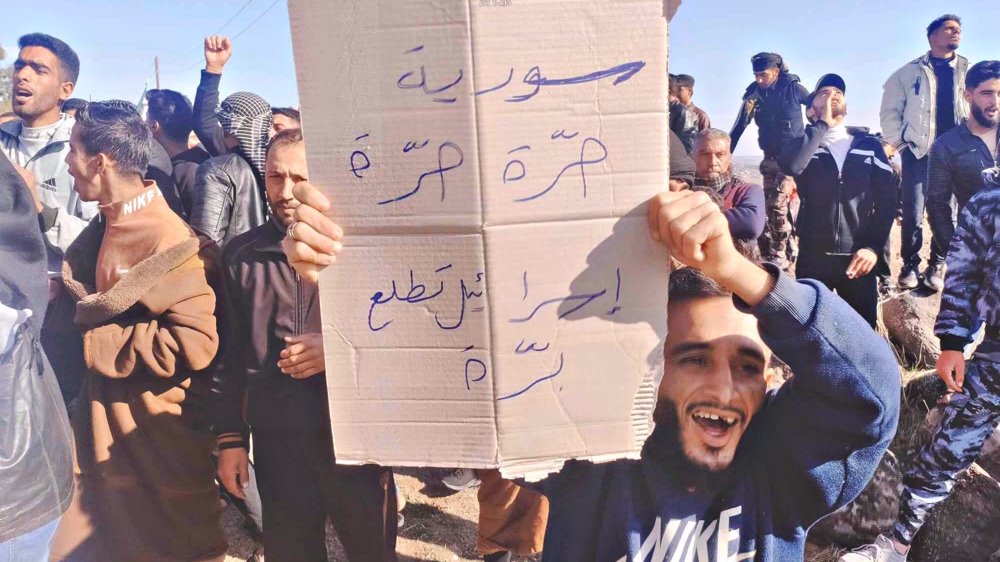
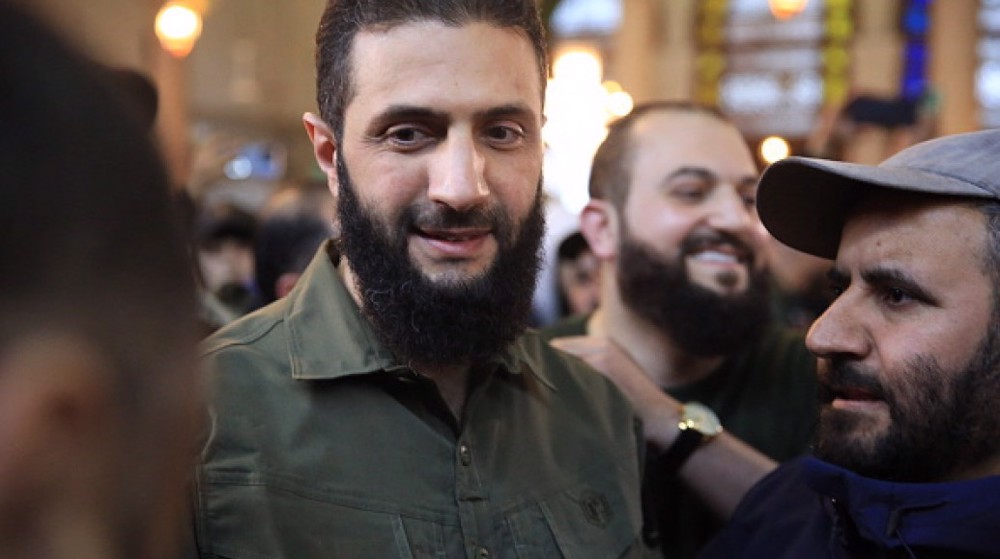



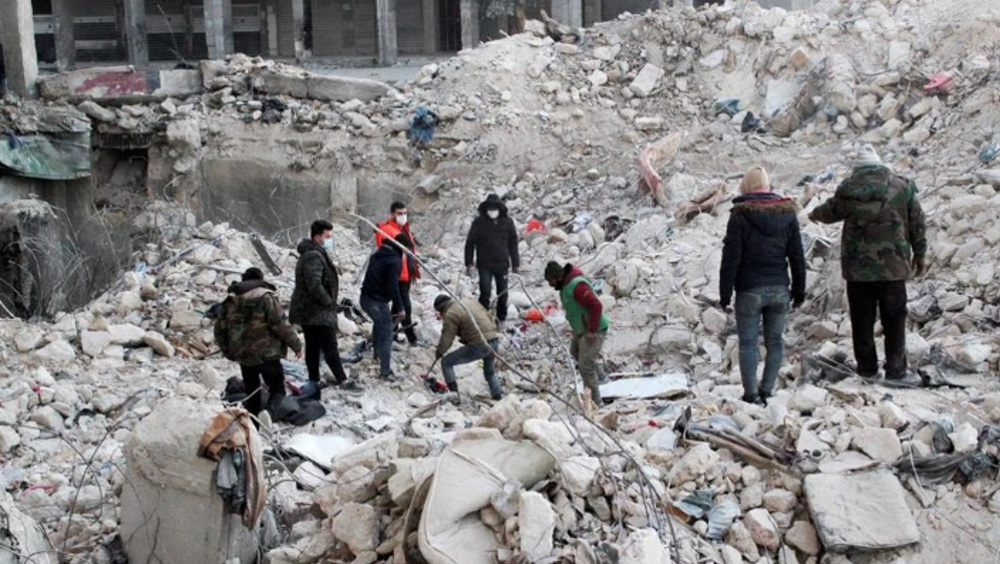
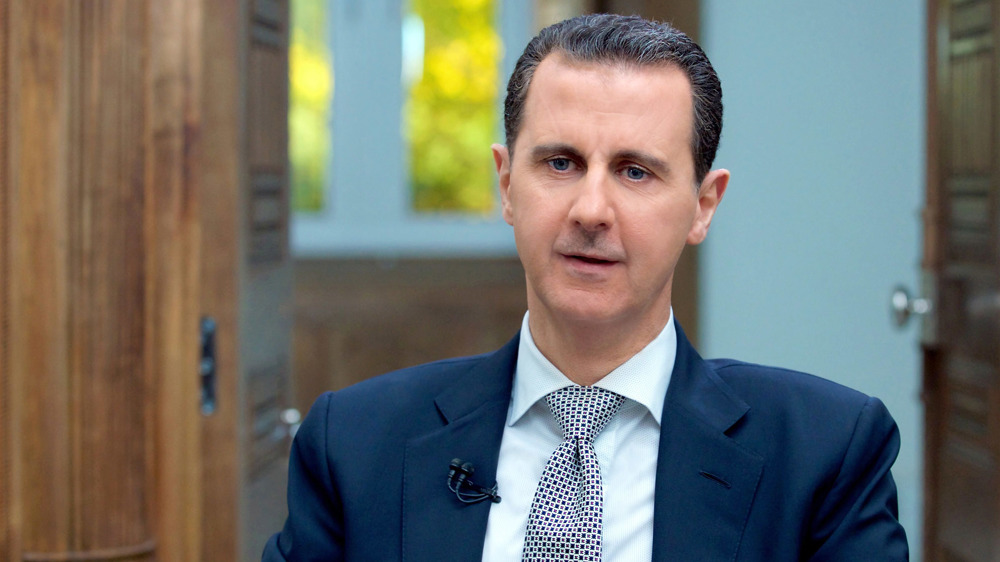
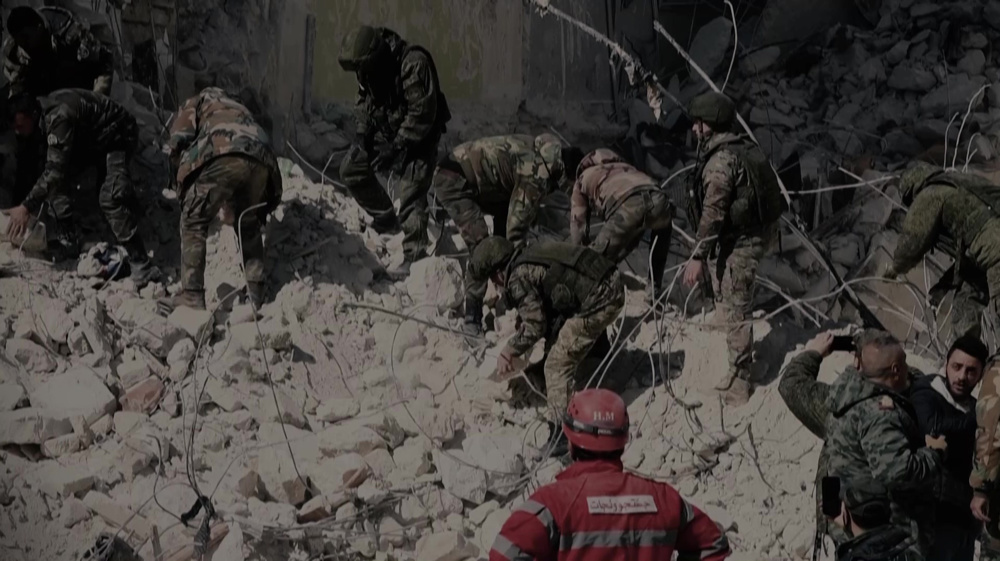
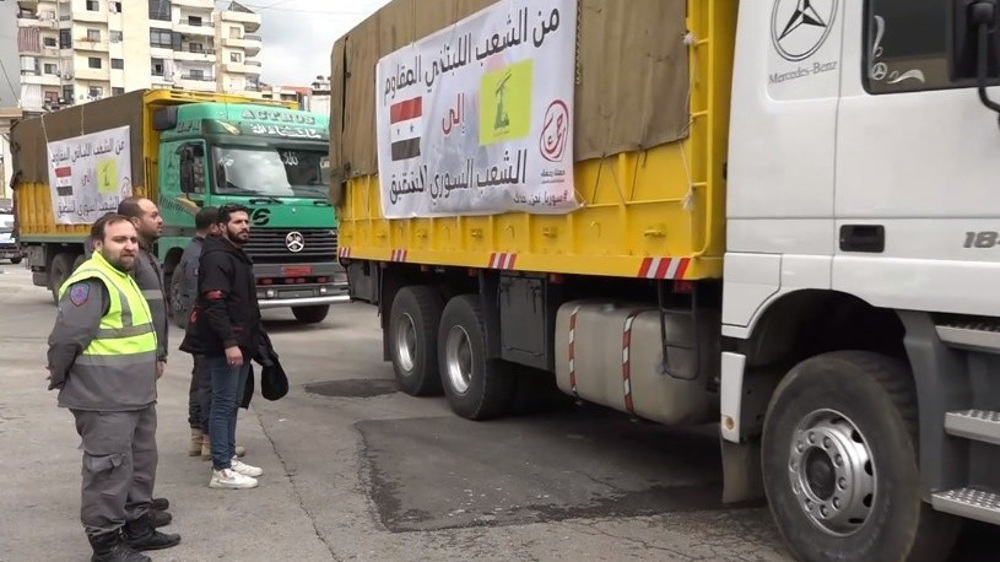
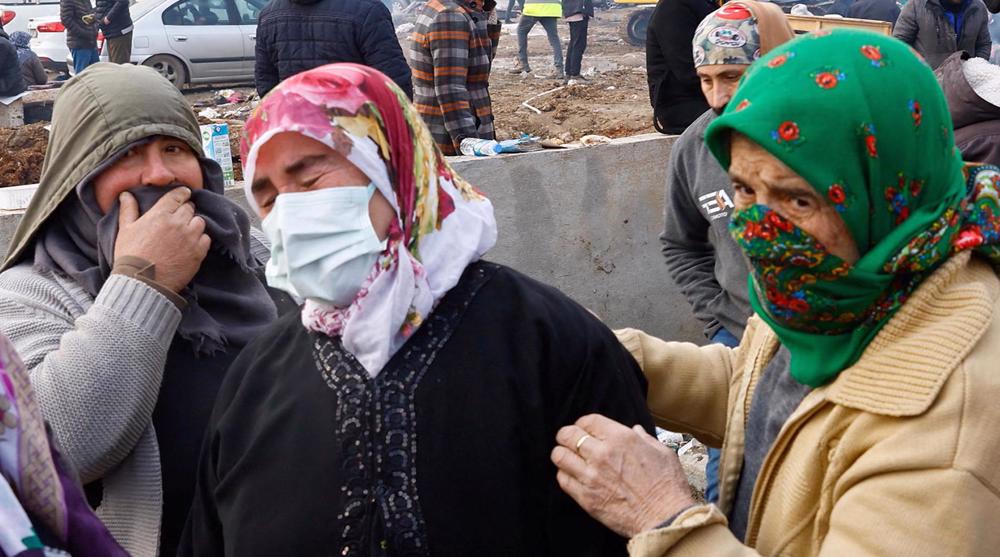
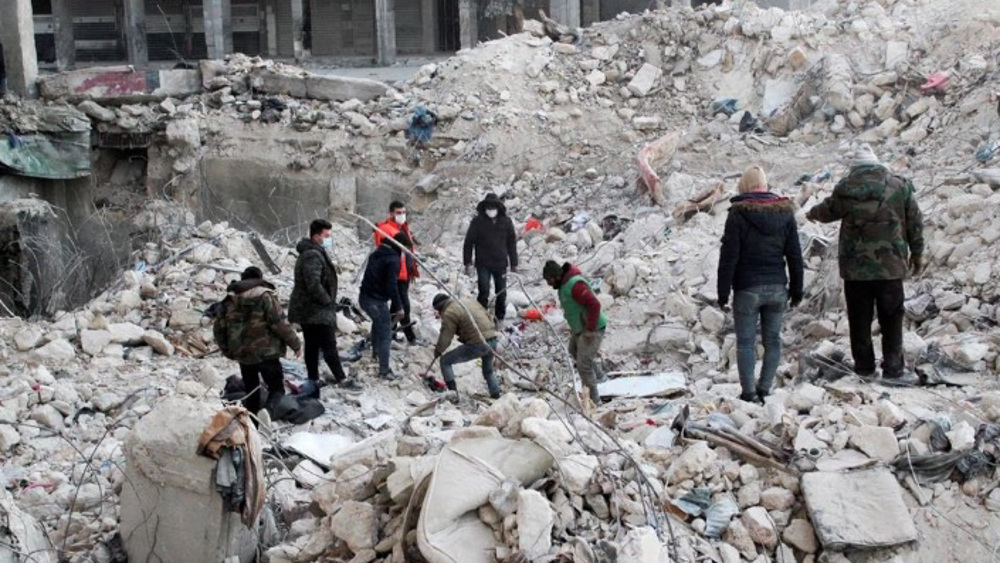
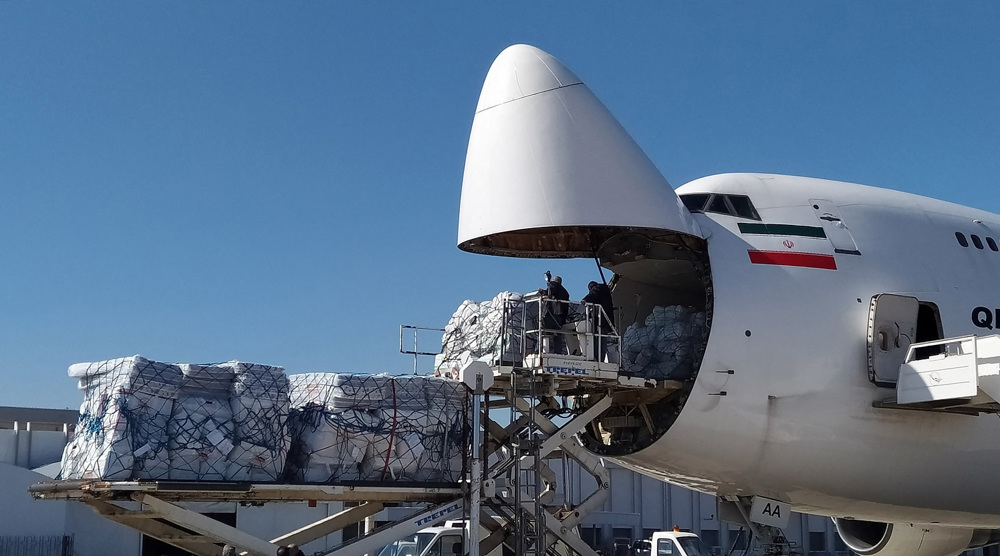
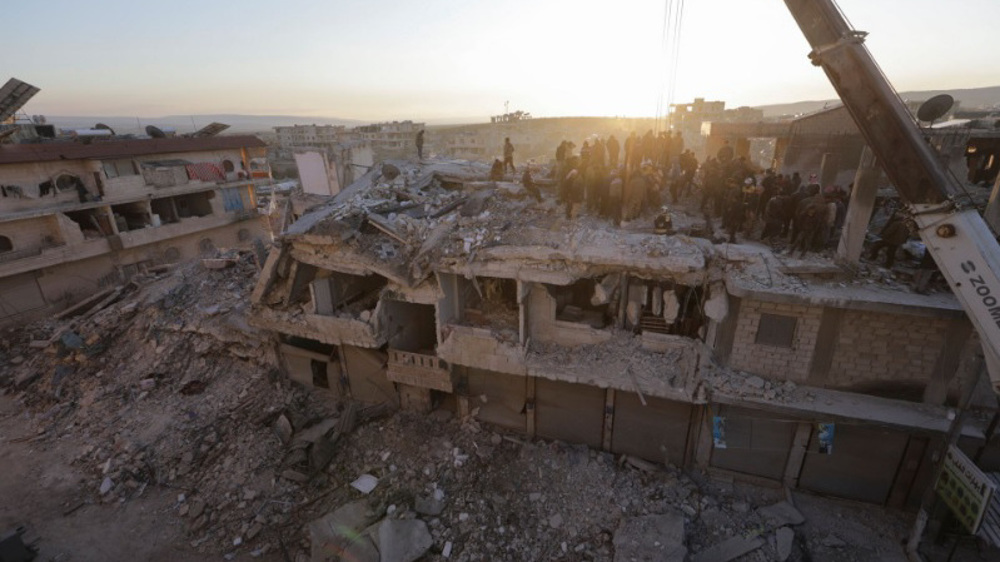

 This makes it easy to access the Press TV website
This makes it easy to access the Press TV website